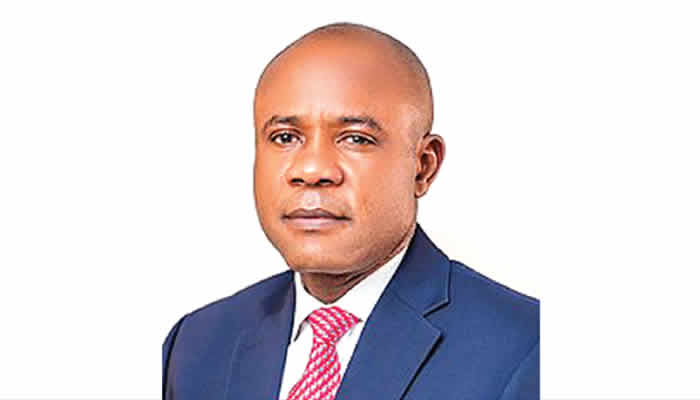
BREAKING: Enugu Governor Peter Mbah Demands New State for South-East, Rotational Presidency, and State Police
Governor Peter Ndubuisi Mbah of Enugu State has made a bold call for sweeping constitutional reforms that could reshape Nigeria’s political landscape. Speaking on Thursday during a session with the Senate Committee on Constitution Review in Enugu, Mbah demanded the creation of a sixth state in the South-East, alongside the
Governor Peter Ndubuisi Mbah of Enugu State has made a bold call for sweeping constitutional reforms that could reshape Nigeria’s political landscape.
Speaking on Thursday during a session with the Senate Committee on Constitution Review in Enugu, Mbah demanded the creation of a sixth state in the South-East, alongside the introduction of state police and a rotational presidency to guarantee equity and national unity.
In his remarks, Mbah emphasized that the South-East remains the only geopolitical zone in Nigeria with just five states, unlike others that have six or more.
This, he said, places the region at a structural disadvantage, especially in areas like revenue allocation, federal appointments, legislative representation, and economic inclusion.
“We must correct this historical imbalance,” Mbah said. “The creation of an additional state in the South-East is long overdue. Our people deserve equal representation and participation in the Nigerian project.”
Mbah didn’t stop there. He also threw his weight behind the establishment of state-controlled police forces, arguing that allowing state governments to run their own security architecture would help tackle insecurity more effectively and with local accountability.
He described the move as a national imperative, not just a regional demand.
Furthermore, the Enugu governor called for the inclusion of rotational presidency in the constitution—a measure that would see the highest office in the land rotate among Nigeria’s six geopolitical zones.
According to him, such an arrangement would promote inclusivity, fairness, and national cohesion by ensuring no region feels permanently marginalized.
“True federalism must reflect fairness in leadership. If we want to build a united country, every zone must have a fair shot at the presidency,” he added.
The Senate Committee, led by Deputy Senate President Barau Jibrin, is on a nationwide consultation tour to gather stakeholder inputs ahead of major constitutional amendments.
Mbah’s demands are among the most explicit and assertive proposals received so far.
His call echoes wider agitation from political leaders, civil society, and traditional rulers in the South-East, many of whom have long decried the unequal structure of Nigeria’s federation.
With constitutional reform now back on the national agenda, Mbah’s proposals could reignite national conversations around equity, decentralization, and the future of the Nigerian union.
For ongoing updates on Nigeria’s constitution review, stay with Busterblog.com.
Share this post
Related Posts

Tiwa Savage Opens Up on Balancing Stardom and Motherhood: ‘My Baby is the Sweetest Boy on Earth’
In a world where fame often comes with sacrifice, Tiwa Savage has once again shown...

“Infidelity and Polygamy Will Always Exist” — Bimbo Akintola Speaks on Nigerian Society
Veteran Nollywood actress Bimbo Akintola has sparked conversation after boldly declaring that infidelity and polygamy...

“They Messed with the Wrong Person” — Jojooflele Reacts as #FreeVDM Protest Shuts Down Abuja in Traffic Chaos
Chaos, chants, and gridlock took over the streets of Abuja as angry protesters flooded major...